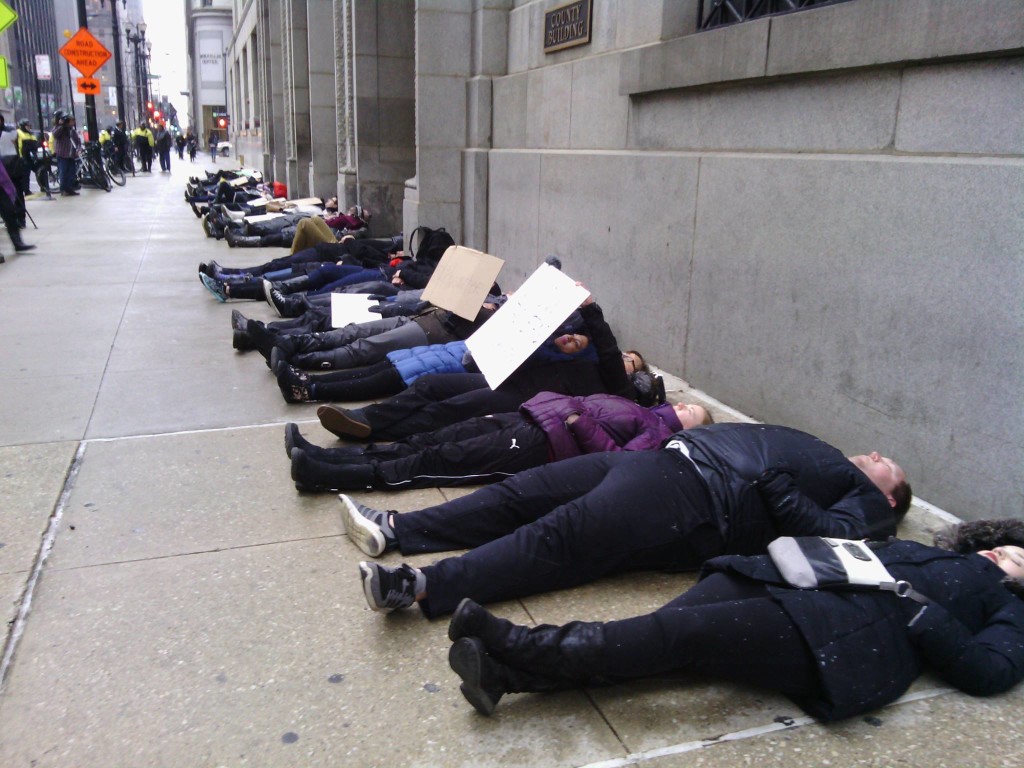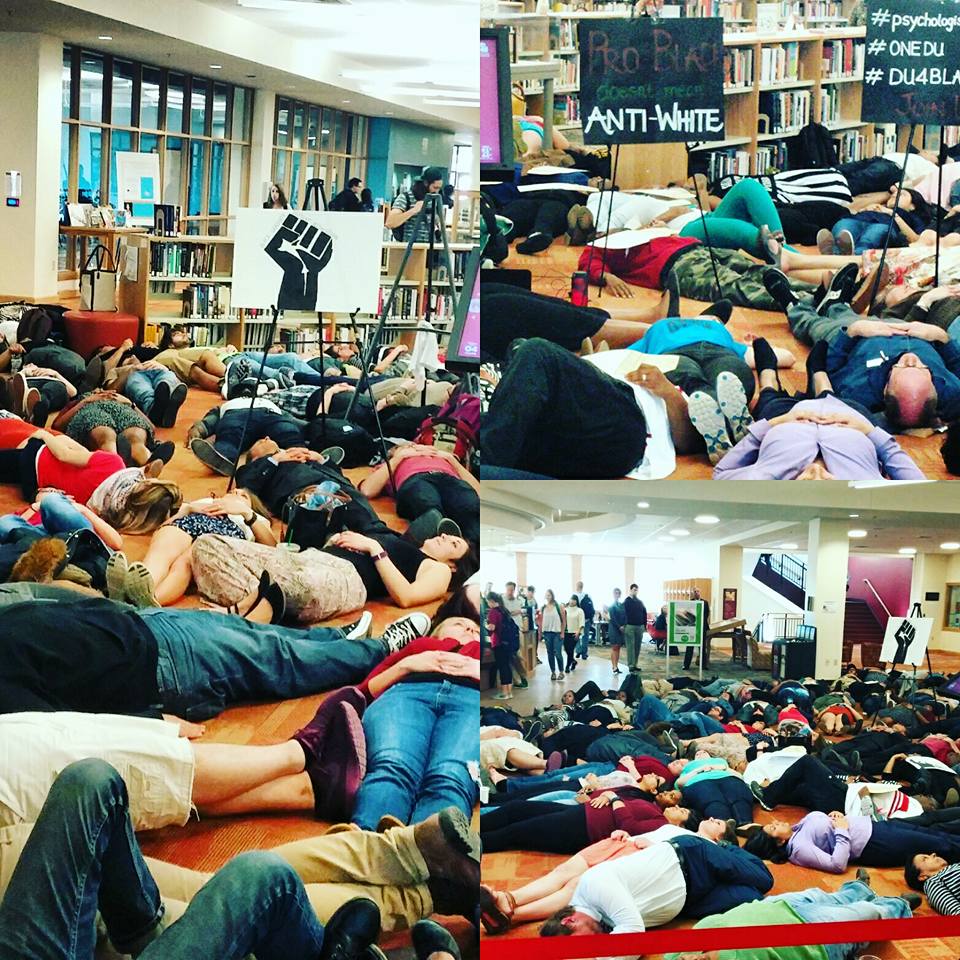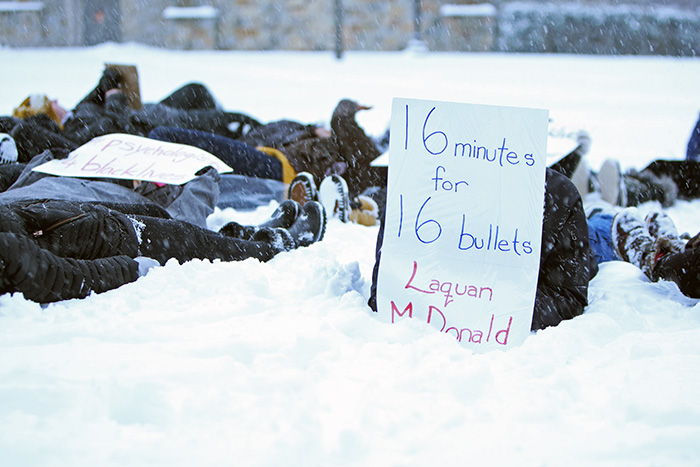 Friends and colleagues,
Friends and colleagues,
I sit with tears in my eyes as I write this. Just over 24 hours after hearing the news of the horrific tragedy in Orlando, I am still in shock, not sure what to say, and unsure of where I can feel safe in our increasingly violent, unpredictable world.
As a woman, an American, a psychologist, and as a lesbian, my heart is completely broken.To the other members of our LGBTQ community I send you love. Let us be strong, yet honest. Let us find joy in the beauty that does live all around us, yet may we always remember. Let us cry and laugh. Let us continue to embrace our differences, and lean into our enemies with love.
To our Muslim brothers and sisters. I am equally sickened by the hate directed toward you following this, and every crime used to vilify you as a people. It is wrong and unfair. You are beautiful, peaceful, and welcome. I send you love and I stand with you.
To our allies. Thank you.
To our psychology community as a whole. Let us stand up. Let us speak out. Let us serve. Let us help. I am reminded of a quote by Gandhi: “Be the change you want to see in the world.” As psychologists we have much to offer this world in terms of healing, social change, and leading by example. Let us be this change together, using each of our unique strengths and psychological knowledge to influence the much needed change in our country and in our world.
To being the change and leading with love,
Christine
APAGS Chair
A few resources:
From CNN: How to help Orlando shooting victims
From APA: Managing Your Distress in the Aftermath of a Shooting
Recovering Emotionally from a Disaster





 This has been an inspiring journey for me and I thank you all for your collective efforts in making this happen. We staged a coordinated event at 20 schools, across 12 states, with hundreds of student and faculty participants. You should all be proud of your efforts! Of course, this is just the first step in the #psychologists4blacklives movement and I hope that together we can keep the momentum going. We are planning to be at the
This has been an inspiring journey for me and I thank you all for your collective efforts in making this happen. We staged a coordinated event at 20 schools, across 12 states, with hundreds of student and faculty participants. You should all be proud of your efforts! Of course, this is just the first step in the #psychologists4blacklives movement and I hope that together we can keep the momentum going. We are planning to be at the 
 Schools throughout the country uploaded their pictures as well! Die-In participants at Virginia Commonwealth University, Boston College,
Schools throughout the country uploaded their pictures as well! Die-In participants at Virginia Commonwealth University, Boston College, 
 Participating Schools:
Participating Schools:
 Guest columnist: Charity R. Lane, Regent University, Class of 2016
Guest columnist: Charity R. Lane, Regent University, Class of 2016
